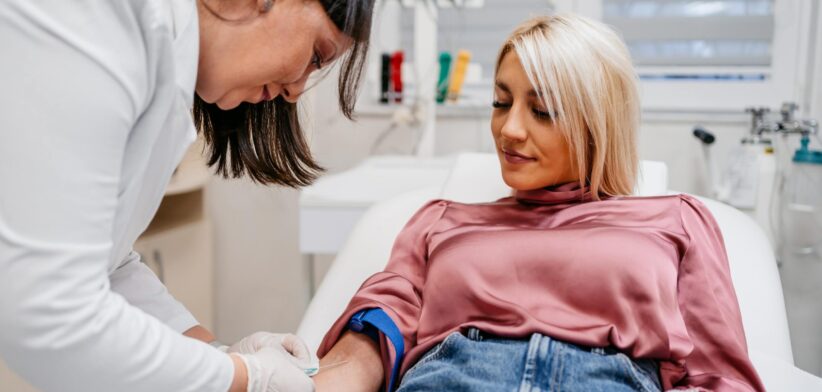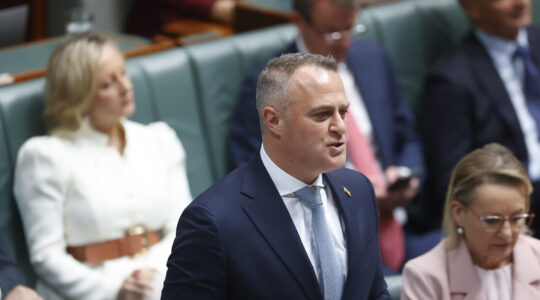A free testing program will ensure thousands of pregnant Queenslanders are no longer subjected to unnecessary treatment, while also preserving a crucial resource supplied by only 100 people nation-wide.
The State Government will become the first in Australia to provide free testing for pregnant women for the potentially deadly Rhesus D Haemolytic Disease.
State Health Minister Shannon Fentiman said the disease occurred when a pregnant woman with RhD-negative blood carried a baby with RhD-positive blood, leading to serious complications like miscarriage, stillbirth and anaemia.
Minister Fentiman said the test would help provide more targeted treatment, reducing the need for around 7000 doses of preventative treatment currently given to all RhD-negative women.
She said, currently, all RhD-negative women receive a blood product called Anti-D immunoglobulin to prevent the risk of complications, regardless of whether the baby has RhD-positive blood or not.
“Free testing will now be provided to determine whether a baby is RhD-positive or negative. This means that around 37 percent of RhD-negative women will not need the Anti-D treatment.”
Minister Fentiman said the conservation of the Anti-D treatment was crucial because Australia’s supply relied on a small and aging group of donors.
“All of Australia’s anti-D plasma now comes from a small pool of around 100 committed donors, with 55 of these donors aged 60 years or older.
“The top 20 donors provide approximately 50 percent of total supply nationally.”
She said the new testing capability would be introduced through an upgrade of Lifeblood’s Brisbane Processing Centre.
“Pregnant women will be able to access the test through their GP or obstetrician and have their blood drawn at one of Queensland’s many pathology centres.
“This testing will be available from early November.”








